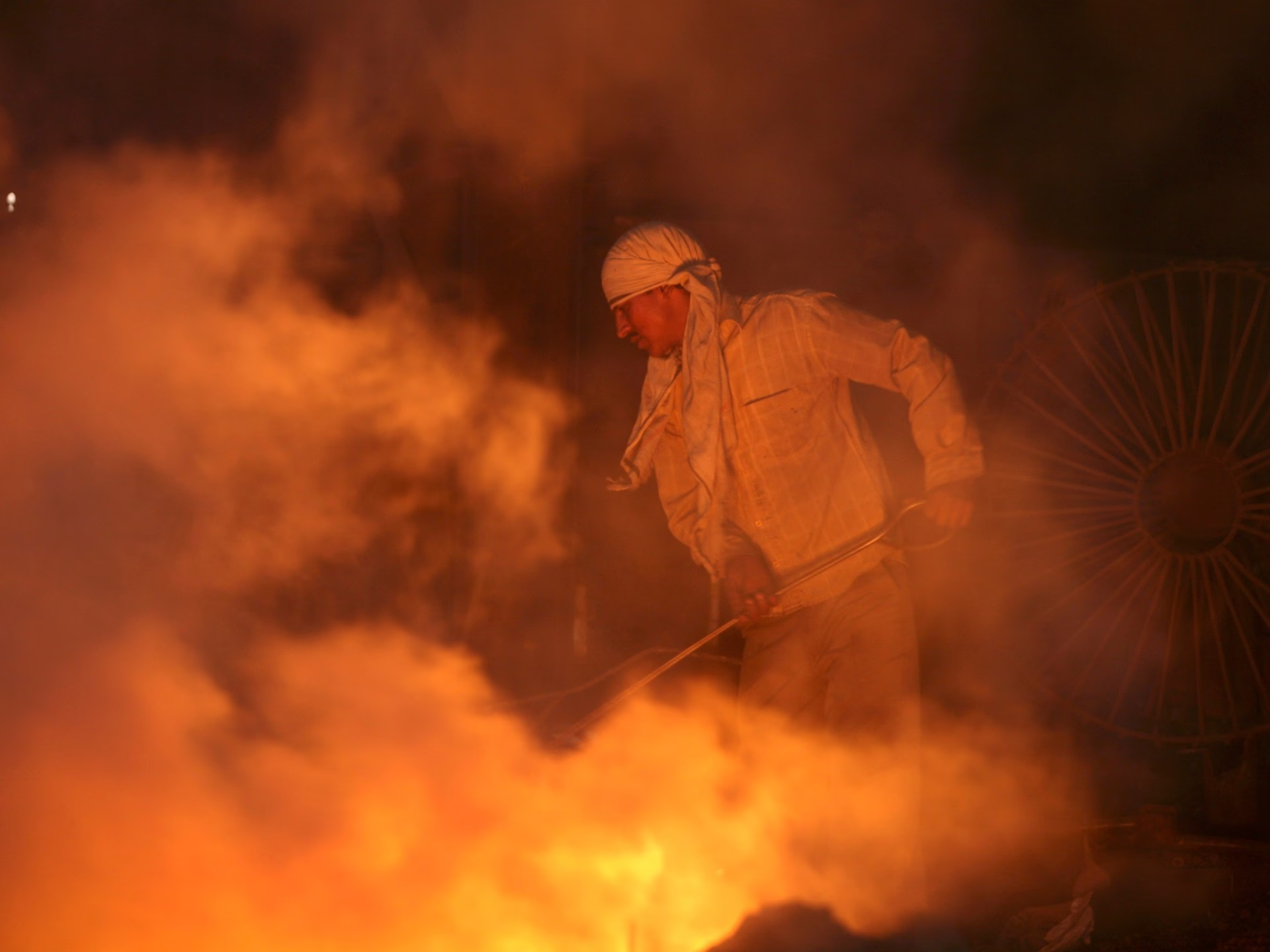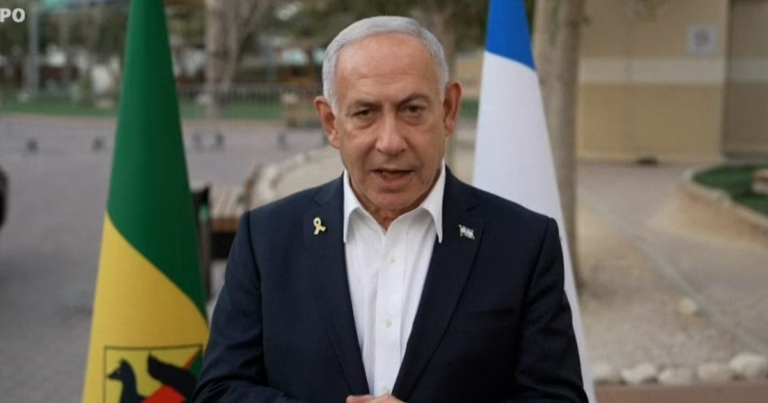However, with the imposition of various tariffs by US President Donald Trump – initially 25 percent on steel and aluminum, along with country-specific tariffs – global markets have been on edge, causing significant uncertainty for businesses across sectors.
Aditya Garodia, director of Corona Steel Industry Pvt. Ltd., mentioned that due to the tariffs, clients have reduced their order pick-up, delaying payments by about a month, and overall business has slowed down as customers adopted a wait-and-watch approach.
When Trump declared an increase in tariffs on steel and aluminum to 50 percent from June 4, it was “like a nail in the coffin,” Garodia said, as nearly 30 percent of orders were canceled. “It is challenging for the market to absorb such high tariffs,” he added.
Domestic demand has also been weak due to competition from cheaper Chinese products, and our future depends on India negotiating lower tariffs for its exports to the US compared to its competitors.
Last year, India exported $4.56 billion worth of iron, steel, and aluminum products to the US.
Tariffs ‘play well in politics’
During his first term, Trump implemented 25 percent tariffs on steel and 10 percent on aluminum in 2018, citing national security concerns. However, some businesses managed to avoid tariffs as there were no tariffs on finished products.
But on February 10, 2025, he announced 25 percent tariffs on steel and aluminum, including derivatives – or finished products – and removed all exemptions.
Ajay Srivastava, founder of Global Trade Research Initiative (GTRI), a trade research group, told Al Jazeera that the higher tariffs imposed in 2018 have yet to revive the US steel industry.
“Since the tariffs were first implemented in 2018, [US] steel imports have increased,” rising from $98.6 billion to $114 billion in 2024, he said, adding they “haven’t cut imports or boosted production, but they’ve mostly stuck around because they play well in politics.”
As a result, prices in the US are significantly higher than in Europe or China, “making cars, buildings, and machines more expensive to produce. India now needs a clear strategy to protect its trade interests, push for fair deals and strengthen domestic manufacturing,” Srivastava said.
Foundries also affected
In the reciprocal tariffs announced by President Trump on April 2, he set a rate of 26 percent for goods from India. This was put on hold on April 9 for 90 days, and a 10 percent base tariff was introduced on all countries for the interim period, giving them time to negotiate individual trade deals with the US.
While the 10 percent tariff impacts businesses, foundries – where metals are melted and cast into shape – say the 26 percent tariff is too high for any business to absorb.
India has approximately 5,000 foundries, with 400 catering to both domestic and international markets and a further 100 exclusively for exports. Numerous Micro, Small and Medium Enterprises (MSMEs) supply raw materials such as pig iron and scrap to exporters.
Indian foundries export products worth around $4 billion globally, with the US market accounting for $1.2 billion. In the US, they compete with local as well as Chinese and Turkish suppliers.
The latest set of tariffs will significantly impact Indian foundries. More than 65 percent of these, and their suppliers of raw materials, are MSMEs that will “face the brunt of tariffs due to reduced orders,” said Ravi Sehgal, chairman of the National Centre for Export Promotion (NCEP). Tariffs beyond 10-14 percent “would make it difficult for us to survive,” he added.
Pradeep Kumar Madhogaria, partner at Yashi Castings, a company that produces molding boxes and pallet cars for foundries, stated that several foundry projects have been either postponed or abandoned, especially those aligned with export-driven demand, due to uncertainty in the US market.
Smaller units significantly affected
Sumit Agarwal, 44, a Kolkata-based manufacturer of clamps, brackets, and other industrial goods, told Al Jazeera that his business has been severely affected by the tariffs, and he is considering laying off some of his 15 employees.
“We are a small unit, and orders have practically dried up after the introduction of tariffs, making it difficult to continue with our existing staff. We are considering reducing our workforce by 30-40 percent. Business from the domestic market is just average, and the decline in the export market has worsened our situation.”
Shyam Kumar Poddar, 70, who operates a small sheet metal fabrication unit in Kolkata, recently invested approximately 800,000 rupees ($9,400) to purchase a hydraulic press with the aim of expanding his business. However, the drop in orders has severely impacted him.
“I purchased the machine just four months ago to expand my business, but there have been absolutely no orders for the past two months,” he said.
“We rely on exporters for our business, as there is already intense competition in the domestic market, but the current situation is harming small entrepreneurs like us,” he added.
Pankaj Chadha, chairman of the Engineering Export Promotion Council of India (EEPC), an industry body, told Al Jazeera that diversification to countries like Peru and Chile, who would then export their finished products to the US, is the only way for survival, as “it is not possible to do business with such high tariffs.”
Although the 90-day tariff pause is about to expire, it is still uncertain what the final figure will be, as India and the US have yet to finalize a deal. On Friday, Piyush Goyal, India’s minister of trade and industry, told reporters that while India is prepared to make a trade deal, “national interest will always be supreme,” and it will not be driven by any deadlines.
For now, Garodia is hoping for a quick resolution. “No industry can survive in isolation,” he said, listing US issues such as a labor shortage and higher production and raw material costs. “India offers them a good substitute with cheap labor and a lower cost of production,” he stated.








